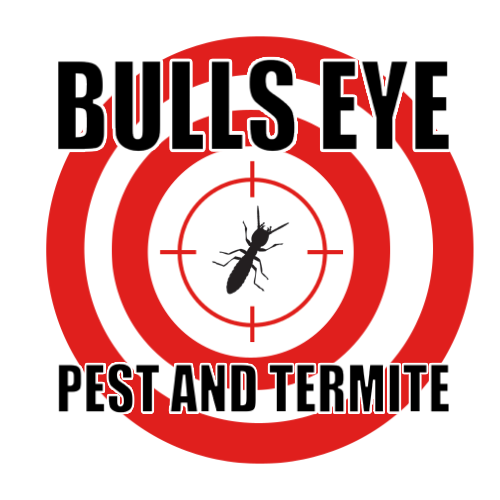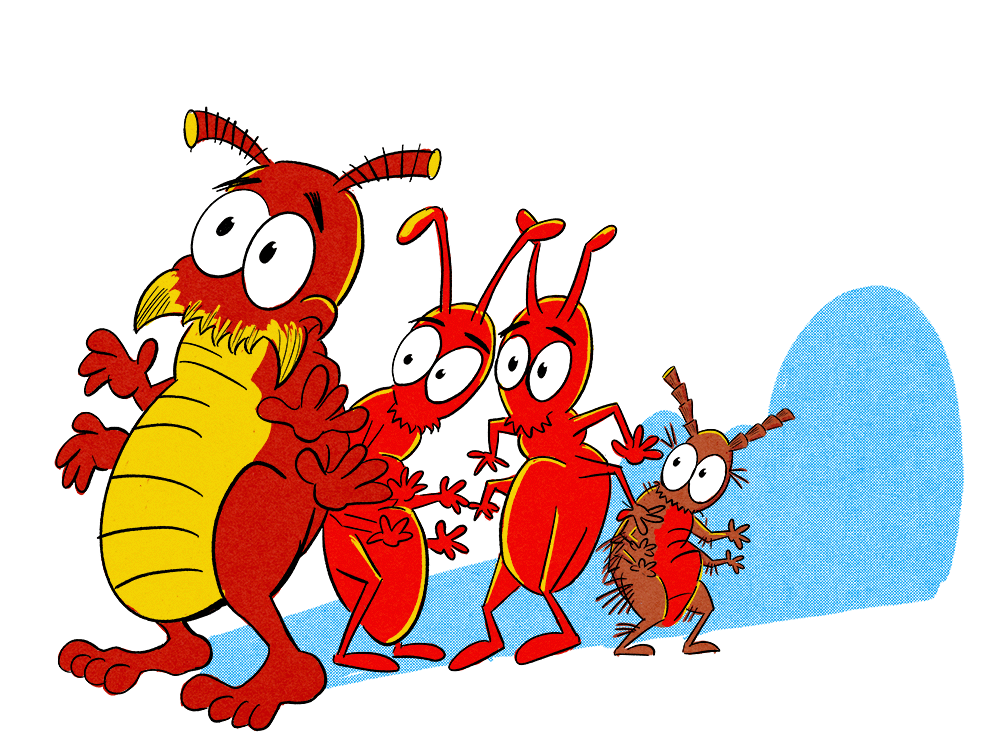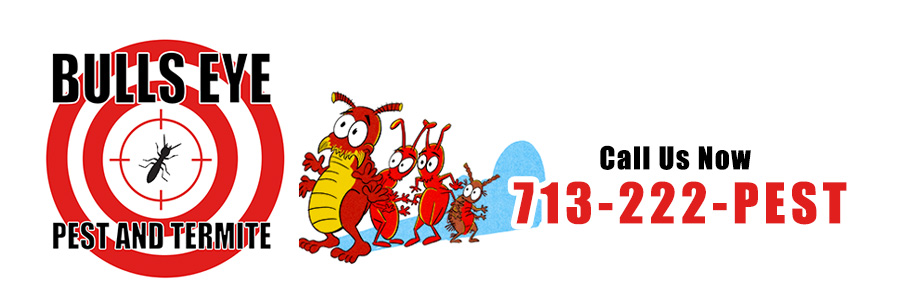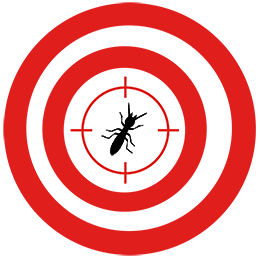Houston Pest Guide: Flies
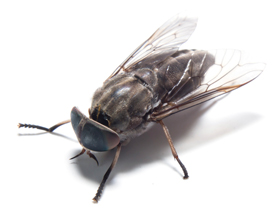
The are over one million species of flies around the world. Most of these are harmless and rarely interact with humans, and only a few of these species are considered pests. When it comes to Houston, the only species we usually have to worry about are house flies and fruit flies.
House Flies
House Flies have evolved to live along side people. Where there are people, there are house flies, even to the extent that they’re becoming a problem in Antarctica. Adult house flies are usually around 1/4 inch in length, with a green-black body and noticeable large, red eyes.
A House fly's method of eating is unusual in that house flies do their most of their digesting outside of their bodies. House flies can only digest liquid foods, which they suck up using straw-like mouth parts. If a house fly finds food that it wants to eat, it will regurgitate digestive enzymes onto that food source to liquify it, and then suck that back into its body.
A house fly’s preferred food source is one of decomposing organic matter, including any kind of rotting food or even feces.
House flies can breed at a remarkable rate, with a single female being able to lay over 100 eggs at a time, which can then hatch in just six days. Female house flies lay their eggs on food sources for the larvae.
Are House Flies Dangerous?
House flies can easily carry and transmit disease. Because they feed on decaying matter, they ingest a tremendous number of bacteria and other potentially harmful micro-organisms every time they eat. A house fly also defecates every time it lands anywhere, spreading whatever it picked up at its last stop directly on to the next one.
How do I get rid of House Flies?
While a single fly can easily enter your home though even a briefly open door or window, multiple flies in your home usually means something inside your home is drawing the flies in. Making your home less attractive to flies is an important step in eliminating any infestations.
- Make sure that doors and windows are all tightly sealed
- Repair or replace window screens with any holes.
- Promptly remove any food waste from the house.
- Keep garbage cans, inside and outside the house, tightly covered.
House flies have developed a strong resistance to many common over-the-counter insecticides, and a serious fly infestations may require professional pest control to fully eliminate the problem.
Fruit Flies
Fruit flies are another extremely common pest in Houston. There are several different species of fruit flies found in the city, but all of them are smaller than house flies, only about 1/10th of an inch in length, and can range from black to a whitish brown in color. As their name suggests, fruit flies feed off of overripe fruits, vinegar, and other sweet and decaying foods.
Are Fruit Flies Dangerous?
Fruit flies are mostly a nuisance pest and are generally not considered dangerous. When there is a fruit fly infestation, they can appear in large numbers and be highly annoying.
How do I get rid of Fruit Flies?
Eliminating fruit flies can usually be done with limiting their access to sources of food in the home and keeping the kitchen clean.
- Make sure that any containers containing honey, vinegar, molasses, or other sweeteners are clean and well sealed.
- Empty the trash regularly and keep the trash can itself clean.
- Store fruits in the refrigerator or in sealed containers, and promptly remove any spoiled fruit from your home.
- Promptly clean any spilled fruit juice, wine, soft drinks, or any other sugary beverage.
- Keep sink drains clean.
What Our Customers Are Saying
Excellent job done by William! Thank you very much!
Richard
Great work, as always, Ruben!!
Elissa
Excellent work!!
David
Derrick is always thorough and professional.
Terri
